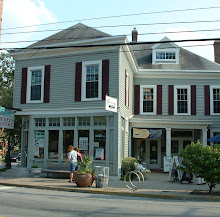Gambling addiction is sometimes referred to as the "hidden illness" because there are no obvious physical signs or symptoms like there are in drug or alcohol addiction. Problem gamblers typically deny or minimize the problem. They also go to great lengths to hide their gambling. For example, problem gamblers often withdraw from their loved ones, sneak around, and lie about where they’ve been and what they’ve been up to.
While the warning signs of problem gambling can be subtle, there are some red flags that should put you on alert:
Secrecy over money and finances
New desire to control household finances
Overdue or unpaid bills
Unexplained loans or cash advances
Lack of money, despite the same income and expenses
Unusual increase in credit card activity
Asking friends and family for money
Missing jewelry, cash, or valuables
Dwindling savings or assets
Missing bank or credit card statements
Calls or letters from bill collectors
Unexplained cash, especially when there are unpaid bills
Do I have a gambling problem?
You may have a gambling problem if you:
Neglect work or family to gamble
Gamble in secret
Lie about how much you gamble
Feel compelled to keep upping your bets
Feel remorse after gambling
Gamble until you’ve spent your last dollar
Gamble with money you need to pay bills
Steal, borrow, or sell things to get money for gambling
Dream of the "big win" and what it will buy
Gamble to escape worries
Gamble in order to solve financial problems or win back losses
Celebrate by gambling
If you feel that any of these issues apply to you or someone you care about please contact Crescent Hill Counseling at 502-419-1698 for quick, discreet assistance!
Subscribe to:
Post Comments (Atom)






No comments:
Post a Comment